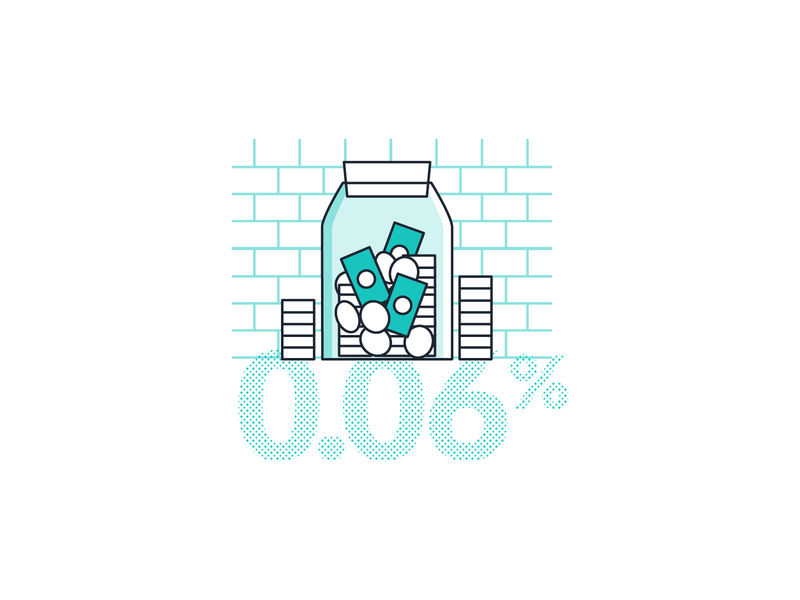Differentiating Performance Bonds From Payment Bonds: What Sets Them Apart?
Differentiating Performance Bonds From Payment Bonds: What Sets Them Apart?
Blog Article
Article Created By-
You might not recognize that performance bonds and repayment bonds play vital yet distinctive duties in building and construction jobs. While both types of bonds use financial safety, their focus and beneficiaries vary considerably. Comprehending the details purposes and coverage variations in between efficiency and settlement bonds can aid you browse the complexities of task agreements more effectively. By unraveling the differences in exactly how these bonds run, you will get important understandings into maximizing financial protection and task success in the building and construction market.
Purpose and Insurance Coverage Differences
When taking into consideration performance bonds versus repayment bonds, recognizing the purpose and insurance coverage differences is vital for contractors and task proprietors alike. Performance bonds mainly secure task proprietors by making sure that the service provider completes the project according to the terms of the agreement. They offer economic safety and security and guarantee that the task will certainly be completed even if the specialist defaults.
On the other hand, payment bonds are developed to protect subcontractors and vendors by guaranteeing payment for labor and materials made use of in the task. Payment bonds help avoid non-payment concerns and make sure that everyone involved in the task is compensated fairly.
In essence, performance bonds focus on the successful completion of the job, while payment bonds concentrate on making sure that all events included obtain proper settlement for their payments. Both types of bonds serve crucial duties in building jobs, providing peace of mind and financial safety to different stakeholders. Recognizing these distinctions can assist you make informed decisions when navigating legal needs and responsibilities.
Application and Certification Variations
Application and Certification Variations might vary based upon the details needs set forth by the task proprietor and the bonding company. When requesting an efficiency bond or a settlement bond, you'll require to satisfy specific requirements to certify. The application procedure usually involves providing in-depth information regarding your firm's monetary security, past performance on comparable jobs, and your capacity to complete the work as specified in the contract. The bonding firm will certainly analyze this info to figure out the level of threat associated with bonding your project.
Qualification requirements can range performance bonds and settlement bonds. https://chancekrxdj.bloginder.com/27108820/case-study-just-how-a-repayment-bond-saved-a-building-and-construction-job might need a much more rigid analysis of your firm's financial health and track record, as they assure that the project will certainly be completed according to the agreement terms. On the other hand, payment bonds focus on making certain that subcontractors and distributors are paid for their job. https://devinfjoon.bloggerbags.com/31689789/study-the-role-of-a-payment-bond-in-maintaining-a-building-and-construction-project in emphasis can result in varying qualification standards depending on the sort of bond being sought. It's vital to recognize these distinctions to browse the application procedure efficiently.
Effect On Building And Construction Projects
Recognizing the effect of efficiency and payment bonds on construction projects can improve your task's monetary safety and completion guarantee.
Performance bonds guarantee that the work will certainly be finished as per the contract terms and specifications. In the event of a contractor default, the bond gives the project proprietor with the necessary funds to employ a substitute contractor. This helps in avoiding job delays and cost overruns.
On the other hand, settlement bonds safeguard subcontractors and distributors by guaranteeing they get settlement for the services and materials they offer on the job. This safety urges subcontractors to bid on projects without the worry of non-payment.
insurance and bonding , you've currently mastered the art of deciphering the complicated world of efficiency bonds versus repayment bonds!
Remember, performance bonds resemble the superhero protecting job owners, while repayment bonds make certain reasonable compensation for the unsung heroes of subcontractors and suppliers.
So following time you're browsing the construction market, just keep in mind these dependable partners and see your projects skyrocket to new heights.
Happy bonding!
